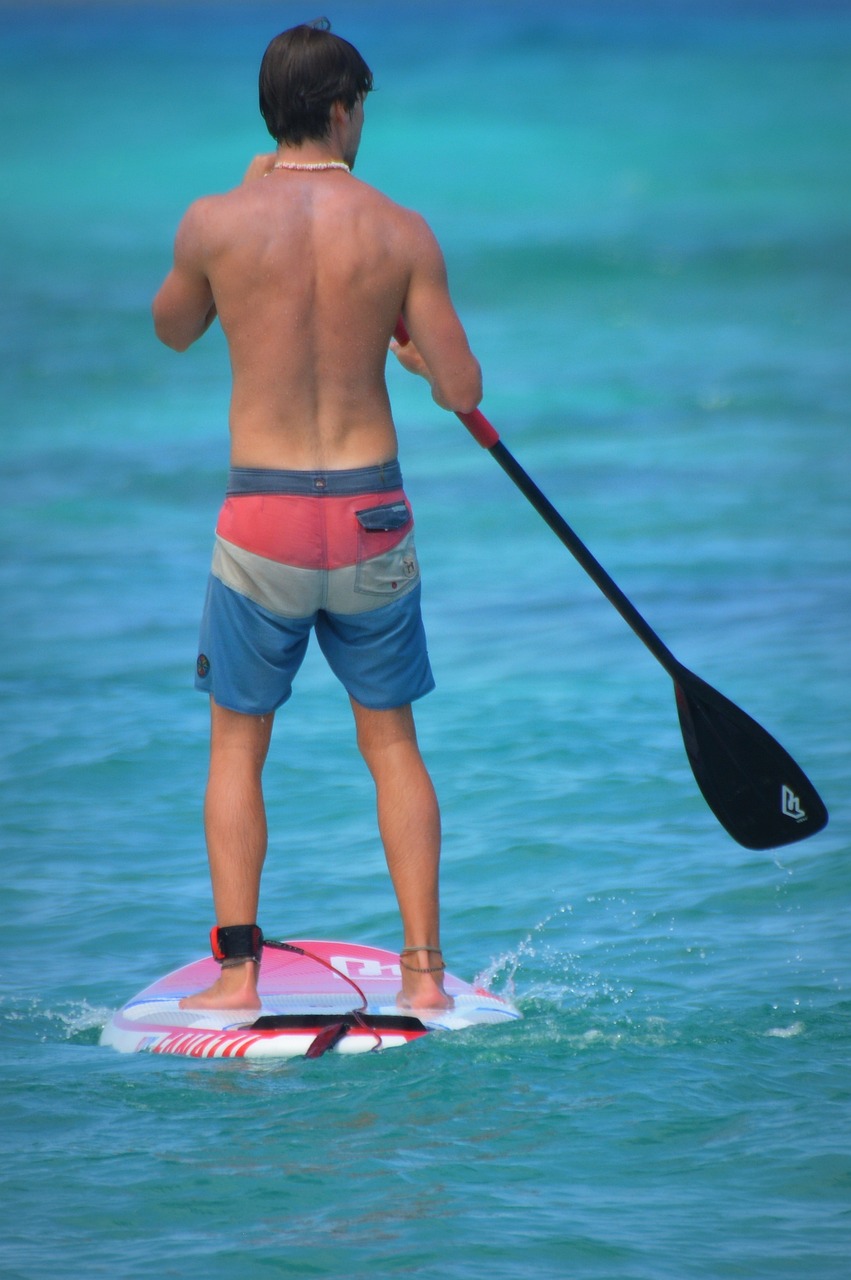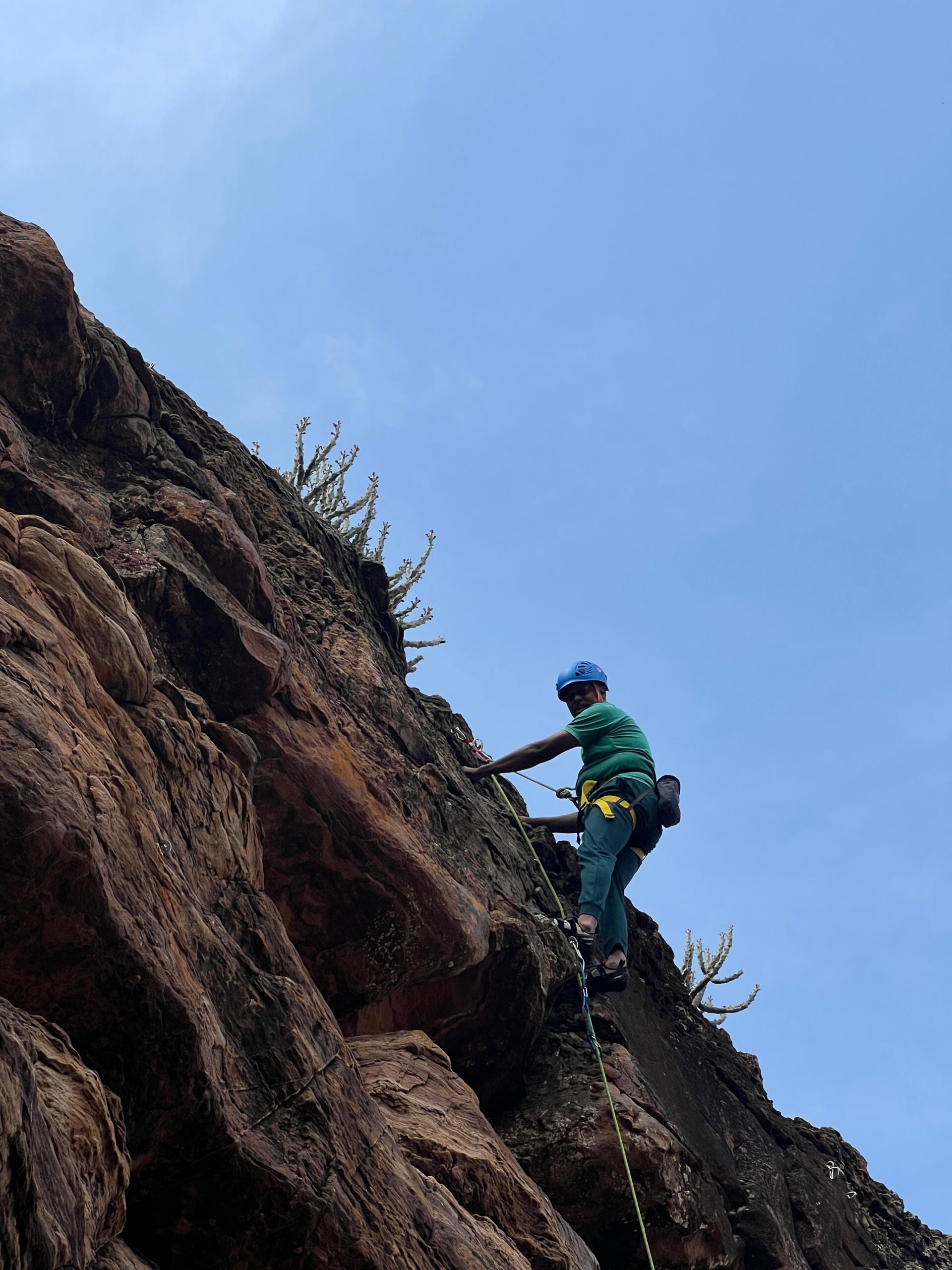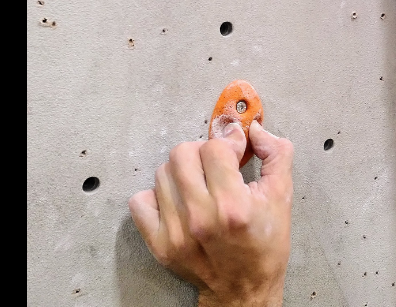Paddle Boarding: Your Ultimate Guide to an Amazing Water Adventure
Stand-up paddleboarding (SUP), or simply paddle boarding, has quickly become one of the most popular water sports worldwide. Combining relaxation, fitness, and adventure, it’s an activity that suits people of all ages and skill levels. Whether you’re paddling across a calm lake, navigating ocean waves, or cruising down a river, paddle boarding offers a unique way to explore the water and stay active.
What is Paddle Boarding?
Paddle boarding is a water sport where participants stand or kneel on a board, using a paddle to propel themselves through the water. It’s versatile and can be done in various environments, from tranquil lakes to challenging ocean waves. Unlike surfing, paddle boarding doesn’t require waves, making it accessible to anyone with access to a water body.
Benefits of Paddle Boarding
Physical Health Benefits
- Full-Body Workout: Paddle boarding engages your core, legs, arms, and back for a complete workout.
- Improved Balance: Standing on the board enhances your stability and strengthens your balance.
- Low-Impact Exercise: It’s easy on the joints, making it suitable for people of all fitness levels.
Mental Health Benefits
- Stress Relief: The serenity of gliding over water can be incredibly calming.
- Connection with Nature: Paddle boarding immerses you in beautiful natural settings, promoting mindfulness.
- Boosted Confidence: Mastering the sport gives a sense of achievement and empowerment.
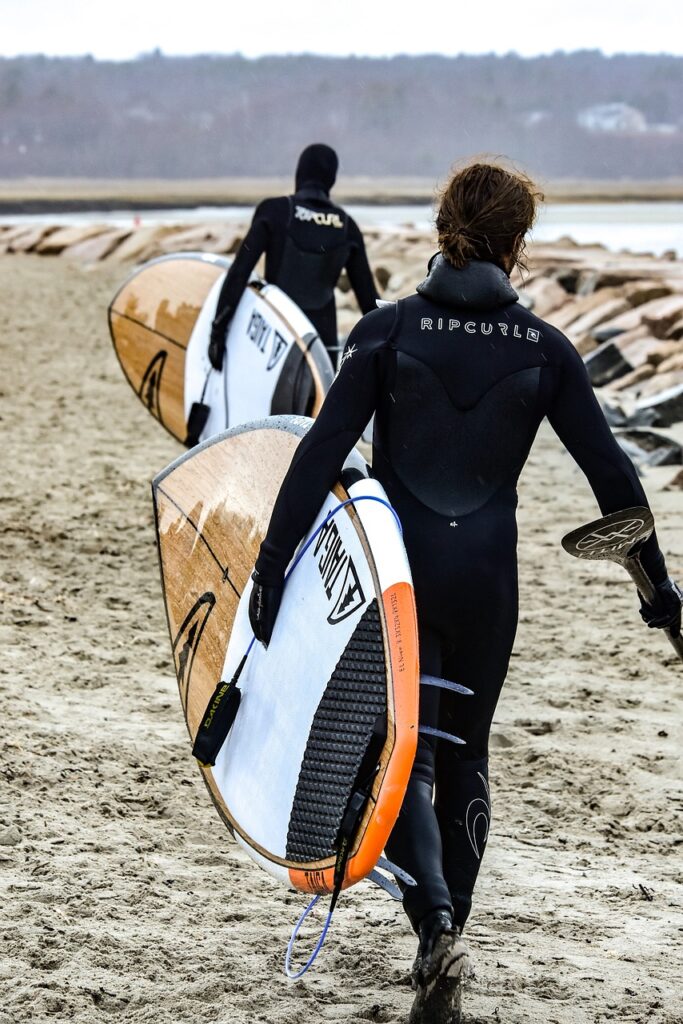
Types of Paddle Boarding
Recreational Paddle Boarding
Perfect for beginners, this is done on calm waters like lakes and bays. It focuses on enjoyment and relaxation.
Touring Paddle Boarding
For longer distances, touring boards are designed to glide efficiently and provide stability during extended paddles.
Yoga Paddle Boarding
Combining yoga poses with paddle boarding, this variation challenges your balance and enhances relaxation.
Surf Paddle Boarding
For thrill-seekers, this involves riding waves similar to surfing but using a paddle.
Racing Paddle Boarding
Ideal for competitive athletes, racing boards are streamlined for speed and performance.
How to Get Started with Paddle Boarding
Choosing the Right Equipment
- Board Type: Select a board based on your skill level and activity (recreational, touring, etc.).
- Paddle: Ensure the paddle is the correct length and lightweight.
- Safety Gear: Always wear a personal flotation device (PFD) and consider a leash for added safety.
Learning the Basics
- H4: Standing Up: Start in shallow water, kneeling on the board before transitioning to standing.
- H4: Paddling Technique: Hold the paddle with one hand on the handle and the other on the shaft. Use long, smooth strokes.
Tips for Beginners
- Start in calm, flat water to build confidence.
- Keep your knees slightly bent for better balance.
- Look at the horizon, not your feet, to maintain stability.
Best Places for Paddle Boarding
Lakes
Enjoy calm, glassy waters perfect for beginners or a peaceful day out.
Rivers
Challenge yourself with moving currents while exploring scenic riverbanks.
Oceans
For experienced paddle boarders, the ocean offers waves and a unique thrill.
Coastal Areas
Paddle through bays, mangroves, and coastal ecosystems for a diverse experience.
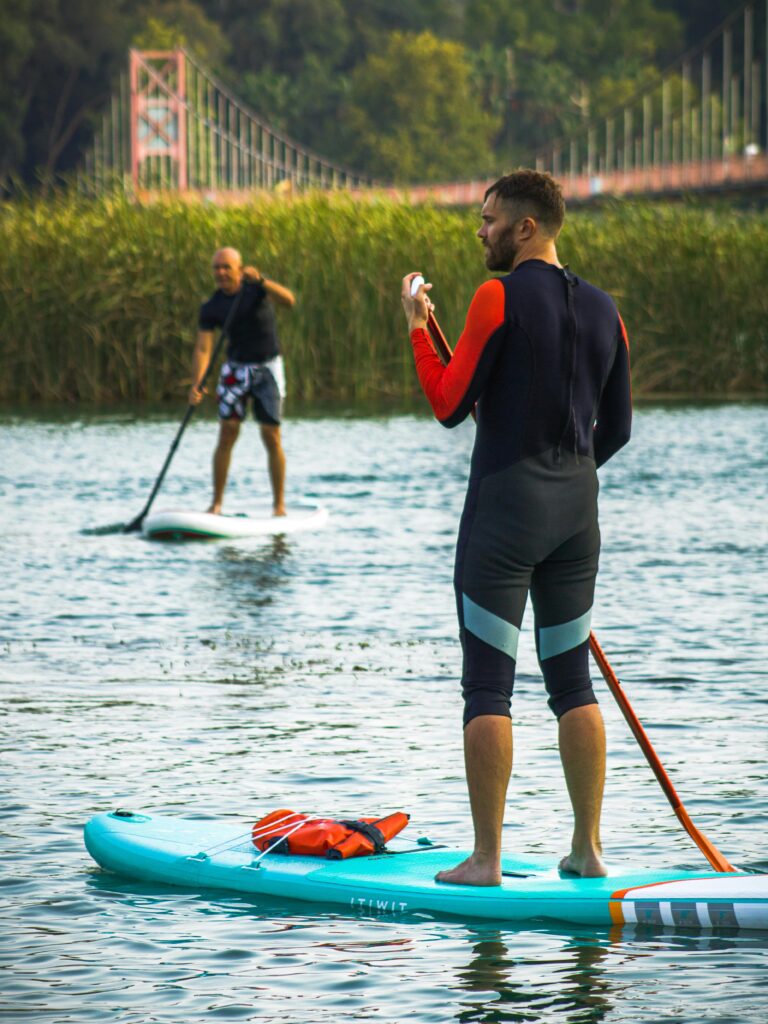
Paddle Boarding Safety Tips
Check the Weather
Avoid strong winds, currents, and storms for a safer outing.
Wear Safety Gear
A PFD, leash, and proper footwear can prevent accidents.
Know Your Limits
Don’t venture too far from shore if you’re a beginner, and always paddle with a buddy.
Stay Hydrated
Bring water and snacks, especially for long paddling sessions.
Paddle Boarding FAQs
Is paddle boarding hard to learn?
No, paddle boarding is easy to learn with a bit of practice. Most people can get the hang of it within an hour.
Do I need to know how to swim?
While it’s not mandatory, basic swimming skills are recommended for safety.
Can I do paddle boarding if I’m not fit?
Yes! Paddle boarding is adaptable to various fitness levels, and it’s a great way to improve your fitness over time.
Paddle boarding is more than just a sport; it’s an experience that brings joy, fitness, and a deeper connection with nature. Whether you’re looking to unwind on tranquil waters, test your balance with SUP yoga, or ride waves in the ocean, paddle boarding has something for everyone.
So grab your board, hit the water, and discover the endless possibilities of this exciting and versatile activity!
This blog structure with headings (H1 to H6) is optimized for SEO, ensuring good readability and better search engine visibility. Let me know if you’d like adjustments or additional details!
